Do you have trouble falling or staying asleep?
It's horrible, right? I know. I've been there.
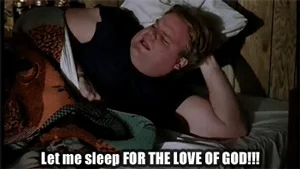
Years ago, during a particularly stressful time, I developed insomnia. It affected every aspect of my life — work, school, and family. Thankfully, I learned some helpful strategies to get better sleep.
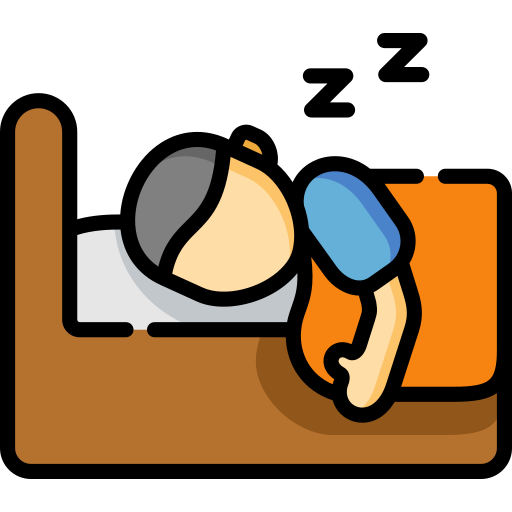
Learn to improve your sleep hygiene using these tools and techniques.
Environment
Where you sleep is just as important as how much you sleep.
Making a few changes to my bedroom really helped me fall asleep faster.
 Image by wayhomestudio on Freepik
Image by wayhomestudio on Freepik
Cool, Dark, Quiet
Keep your bedroom at a comfortable temperature. Aim for around 65℉/18.3℃.
Use blackout curtains to keep your room dark, or wear a sleep mask.
Reduce distracting noise by wearing earplugs or using a white noise machine.
No Screens Before Bed
This one can be tough — but it really does help.
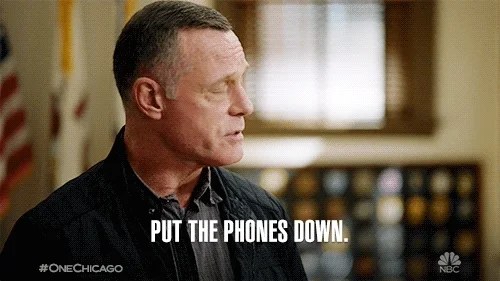
Blue light emitted from electronics interferes with our bodies' ability to fall asleep.
That means at least 30 minutes before bed, step away from your laptop, turn off the TV, and put down your phone.
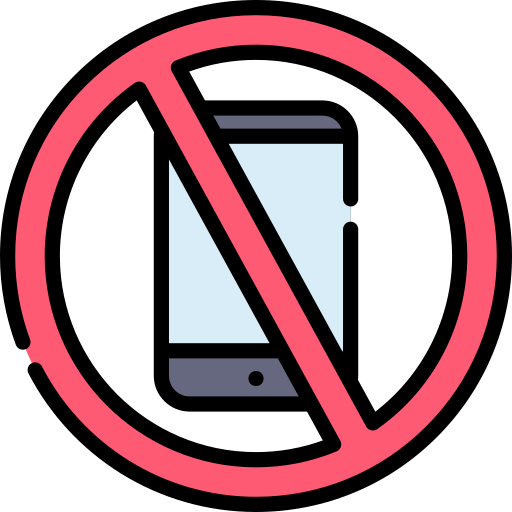
Quiz
Jo is having a really hard time falling asleep. After tossing and turning for 20 minutes, what should they do?
Learn to Relax
My insomnia was caused by anxiety. No matter how hard I tried, every night I couldn't stop my thoughts from racing.
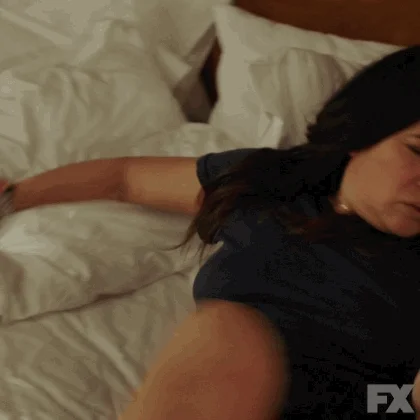
Meditating — guided meditation apps, specifically — really helped me learn to relax my mind and body.
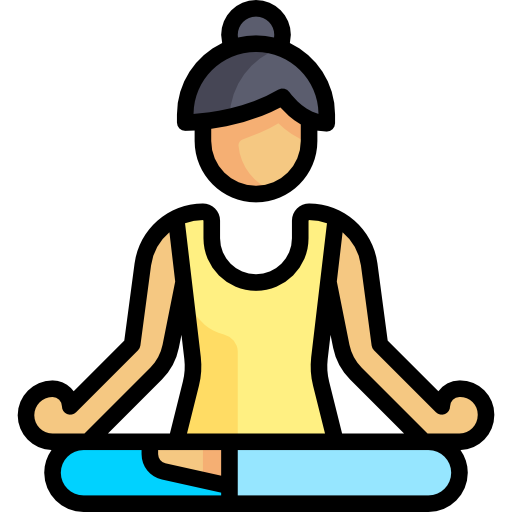
These apps are free, or offer a free introductory trial:
Calm
Headspace
Breethe
Insight Timer
Smiling Mind
UCLA Mindful
Time for Bed...
Now this one isn't always achievable, but as much as possible...
Go to sleep and wake up at the same time EVERY DAY!

Weekends and weekdays. Holidays and workdays. Summer and winter. Going to sleep and waking at the same time will help you develop a consistent sleep rhythm.
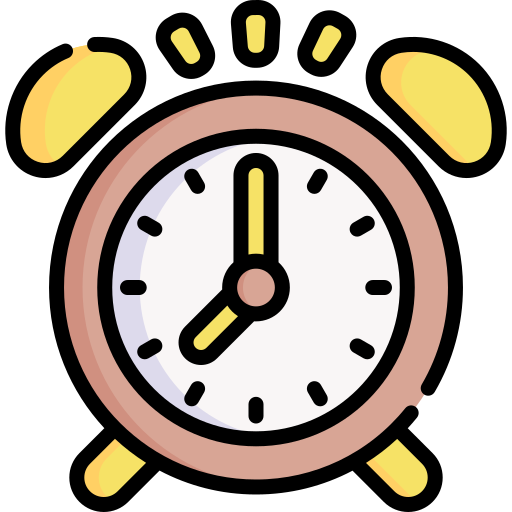
Take Action
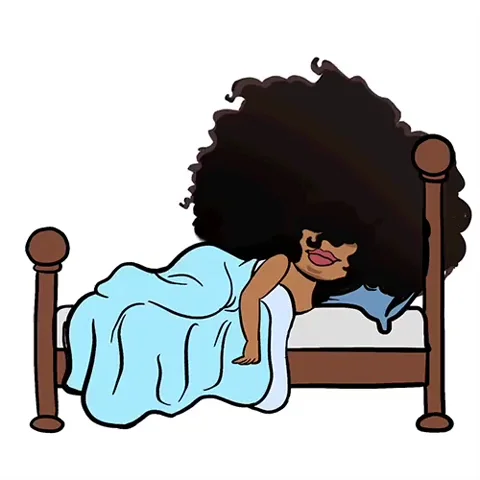
Now that you're armed with new knowledge and strategies, it's time to...
Your feedback matters to us.
This Byte helped me better understand the topic.
